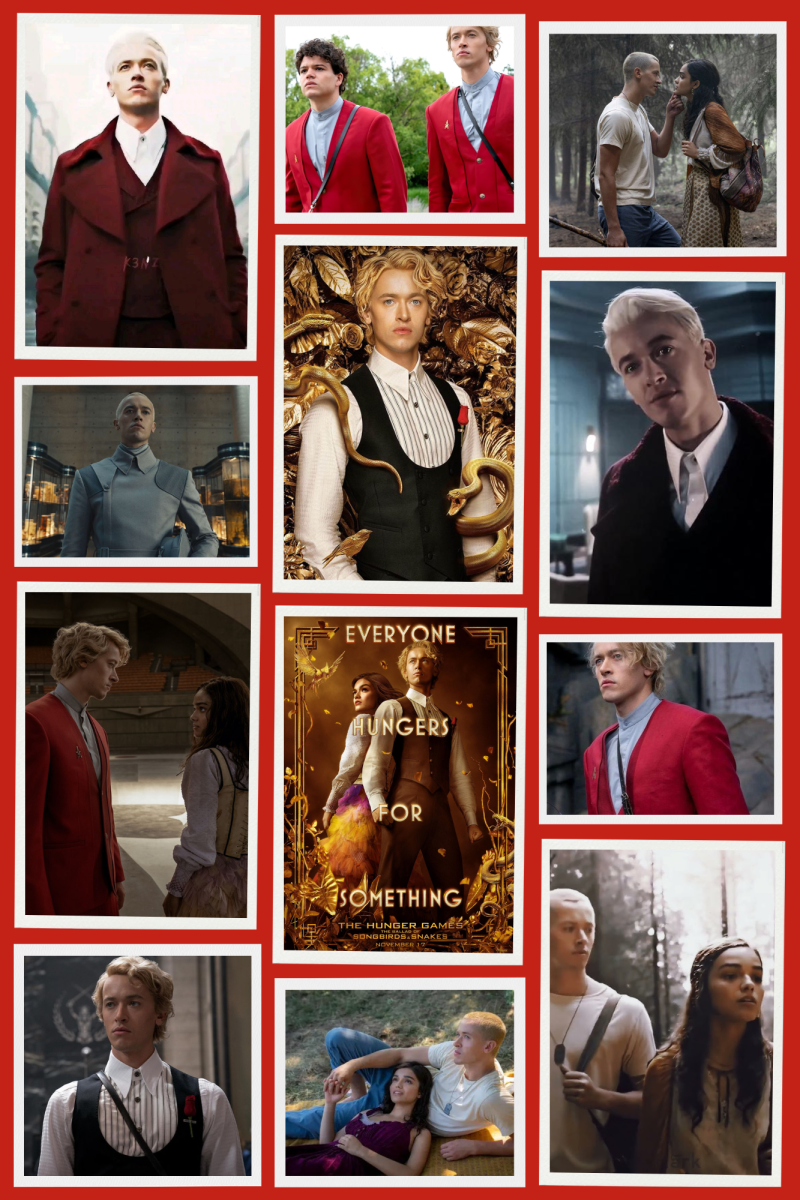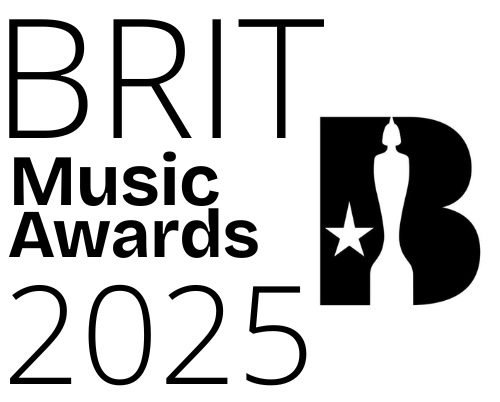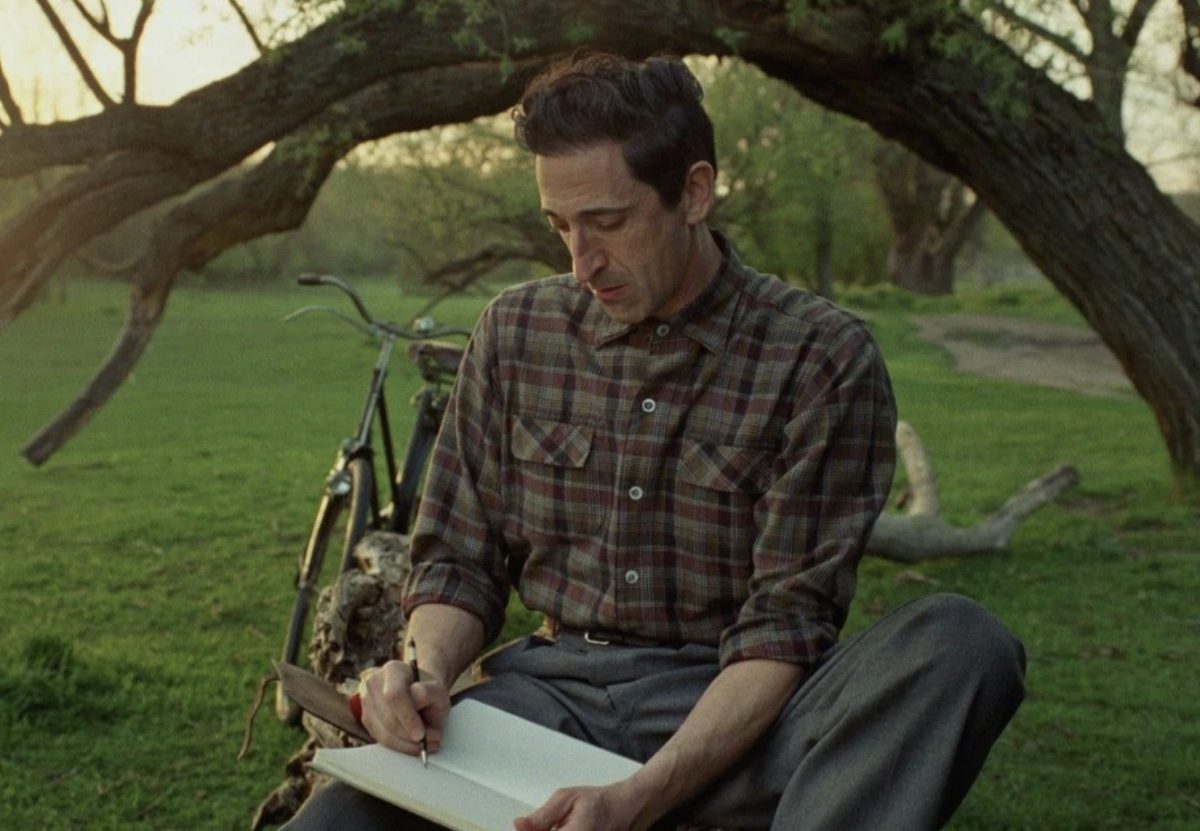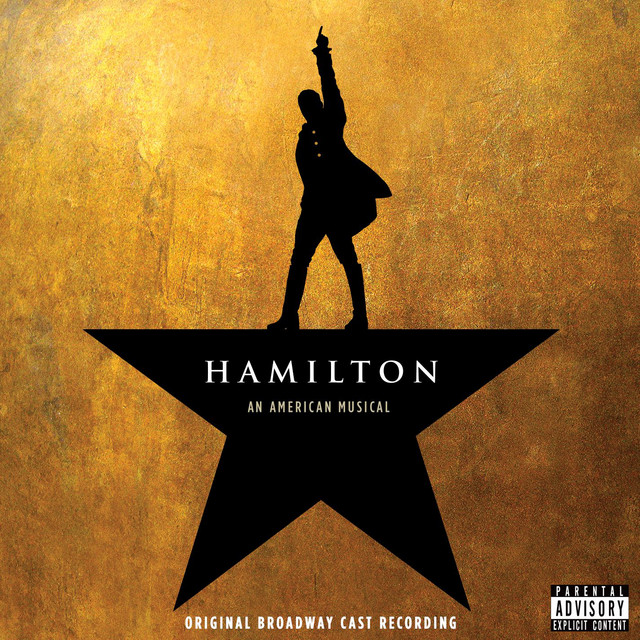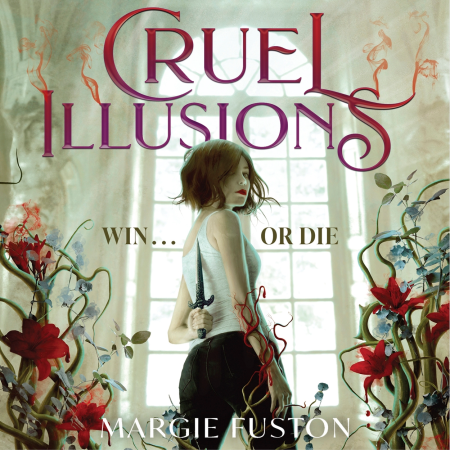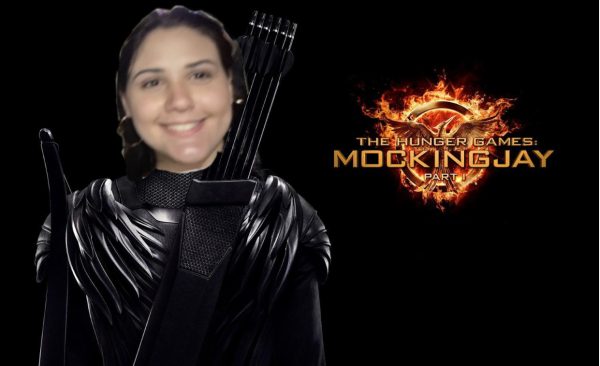Ava Riehl: Negative
Emma Zellers: Affirmative
Introduction:
Affirmative: Snow is the perfect example of anti hero, he may not be perfect but he certainly offers a wider perspective on human flaw and morality. It’s foolish to assume that someone who makes questionable decisions is automatically riddled with evil. Snow is relatable and his actions are easily condemnable because they are so similar to the flaws we see ourselves making in times of distress.
Negative: In Suzanne Collins’ highly anticipated prequel to The Hunger Games series, The Ballad of Songbirds and Snakes, we are introduced to a young Coriolanus Snow. While initially portrayed as a complex character, Coriolanus Snow’s transformation into the infamous President Snow reveals a deeply manipulative and ultimately evil individual. This article delves into the evolution of Snow’s character, highlighting the traits that make him one of literature’s most memorable villains.
1. Early Manipulations:
Affirmative: The idea that Snow was an early manipulator is simply untrue, the main example of this is shown through Tigris, Tigris was one of the most loved supporting characters of the hunger games because she has such a beautiful soul and never twisted her morals to fit an agenda, the type of person would not stand by and silently support the supposed sadist that snow was, it is clear that when her telling him at the end he looks just like his father, their relationship had started to crumble because Tigris hated snow’s father, and that she had seen an evil change inside him. It should also be noted that to exclude that both Lucy and Snow were at times toxic and manipulative to each other completely changes the narrative and shifts the purpose of the story from two faulty, but not morally unidentifiable characters, trying to salvage their love in unfit environments. It is also that while Snow exploits situations, he never wants to be cruel, and even risks his own life and success for Lucy in the movie.
Negative: From the very beginning, Coriolanus Snow exhibits manipulative tendencies. We witnesses his relentless pursuit of power and recognition, using every opportunity to further his own agenda. His participation in the Hunger Games mentorship program becomes a platform for him to exercise control over his assigned tribute, Lucy Gray Baird. Snow’s ability to exploit situations to his advantage is a clear sign of his cunning and lack of empathy.
2. The Seed of Evil:
Affirmative: Snow is not without fault, but this does not make him a bad person. When Snow gets into the arena and inflicts pain upon someone, it is only when he is first attacked by the person, and he was also in the arena to save his friend in a selfless nature, because otherwise the capital would have let him die. It is true that once the tribute died Snow had continued to punch him out of anger, but this is not an act of evil, this is frustration and loss of control. This is a product of Snow’s environment and hunger games being like real life.
Negative: Throughout the story, we see glimpses of Snow’s evil nature. He relishes in the suffering of others, finding pleasure in inflicting pain and asserting dominance. His increasing disregard for human life is evident as he becomes more entangled in the Capitol’s oppressive regime. Snow’s enjoyment of manipulating the lives of others only grows as he delves deeper into the dark side of his personality.
3. The Mask of Charm:
Affirmative: Snow does wear a charming facade at times, but he also drops this facade when feels he is in a safe position. In the environment Snow is put under it is not a plausible idea that he would be honest. Katniss was not honest because she felt she was playing the games, and in the end Snow said the reason for the games is to show the realities of life, to survive in this environment you need to be charming and a manipulator, this is why Katniss and Peeta also had these qualities, and they were not bad people, they may have not had the same exact conditions, but the system in place and the harsh consequences of things were very similar, which allows for comparison. When Snow is with Lucy he lies to her, but she also lies to him, the point is that they weren’t supposed to be evil, but rather scared. They were scared of losing each other and they were also scared of the others capability and this creates the “manipulation” that so many characters in this franchise have.
Negative: One of Snow’s most disconcerting traits is his ability to wear a charming facade. He possesses an uncanny talent for manipulation through charisma and deception. His charming persona allows him to gain the trust of those around him, making it easier for him to exploit their weaknesses. Snow’s allure masks a sinister agenda, captivating both the reader and the characters within the story.
4. Embracing Corruption:
Affirmative: As the story progresses Snow starts to become morally corrupt in some ways, but he also gains likable attributes as well. Snow starts to protect Lucy more and he risk himself for other people. He starts to become more sneaky peaky because he grows increasingly fearful of his life, but he does not grow more and more evil. I would instead say there is a turning point of insanity where he loses too much and embraces a dark side we all have.
Negative: As the story progresses, we witness Snow’s complete surrender to the corruptive influence of power. He embraces the Capitol’s ideology, adopting its twisted values as his own. Snow’s journey from a young, ambitious student to the ruthless President of Panem showcases his willingness to sacrifice morality for personal gain. He becomes a true embodiment of evil, devoid of any shred of compassion or remorse.
5. The Hunger for Control:
Affirmative: I think Snow does make more and more corrupt decisions as he goes on in the movie, but I think the reason for this is because he is simply put under more taxing conditions and feels threatened. I think he wanted to be on top and be in control, but I don’t think he meant to hurt others in the process and that this side that makes him evil is part of the situations he is put under.
Negative: The hunger for control lies at the core of Snow’s character. His sadistic nature and manipulative tactics stem from an insatiable desire to assert dominance over those around him. Snow’s obsession with power blinds him to the suffering of others, transforming him into a force that will stop at nothing to maintain his grip on authority.
6. The Hysteria of Looks:
Affirmative: He is not exploited because of his looks because there are plenty of attractive-bad people that we recognize are “out-there”. One example is the Joker, another is Ava Riehl.
Negative: Young Coriolanus Snow’s actions seem to be often overlooked due to the sheer hysteria surrounding his appearance. It is no secret that his appearance is captivating, with his chiseled features and charismatic presence. Unfortunately, this allure seems to overshadow his true character and the actions he takes. People are often drawn to him, mesmerized by his beauty, and it becomes easy to overlook any potential flaws or questionable behavior. The obsession with his looks creates a shield that shields him from scrutiny, allowing him to manipulate situations and escape accountability. It is a sad reality that society can be so easily swayed by external beauty, blinding them to the true nature of an individual.
7. HE IS UGLY:
Affirmative: The writer of the negative side claims that Snow is not attractive, but most people bring up the fact that this writer looks shockingly similar to Snow, the leading voice of this opinion being her own mother. Snow is also very attractive and is one of the number one men being edited on TikTok because of his looks.
Negative: In my utmost opinion, he looks like a warped Draco Malfoy. He looks like he was melted over an open flame and whoever keeps saying I look like him better count their days. For those justifying his actions purely for the looks he does NOT HAVE, either clean off your glasses or check your vision because something could be seriously wrong. Check your standards, please, for your own health.
Conclusion:
Affirmative: In conclusion, Snow lands on top!
Negative: Obviously, I was the one who took this seriously, but anyways, I’ll conclude. The Ballad of Songbirds and Snakes masterfully unveils the origins of President Snow’s evil nature. Through his manipulative tendencies, sadistic inclinations, and unwavering thirst for power, young Coriolanus Snow ultimately becomes one of literature’s most iconic villains. Suzanne Collins crafts a chilling character study, shedding light on the birth of a tyrant and reminding us of the dangers that lie within the pursuit of absolute control.

